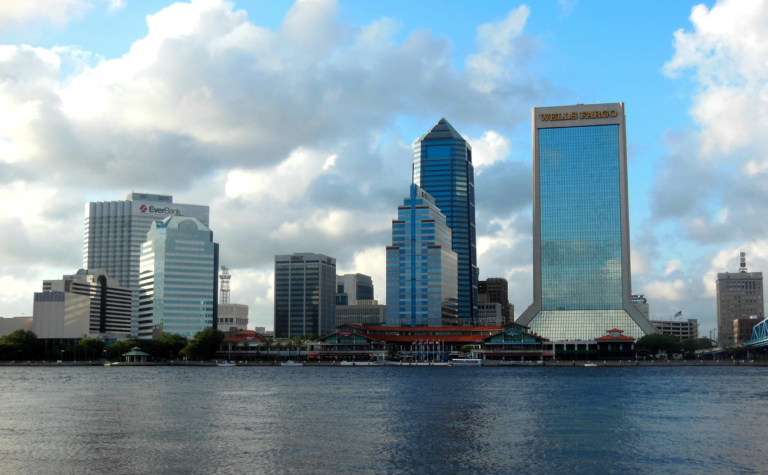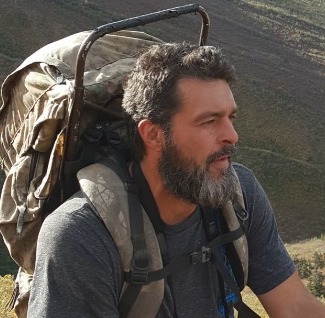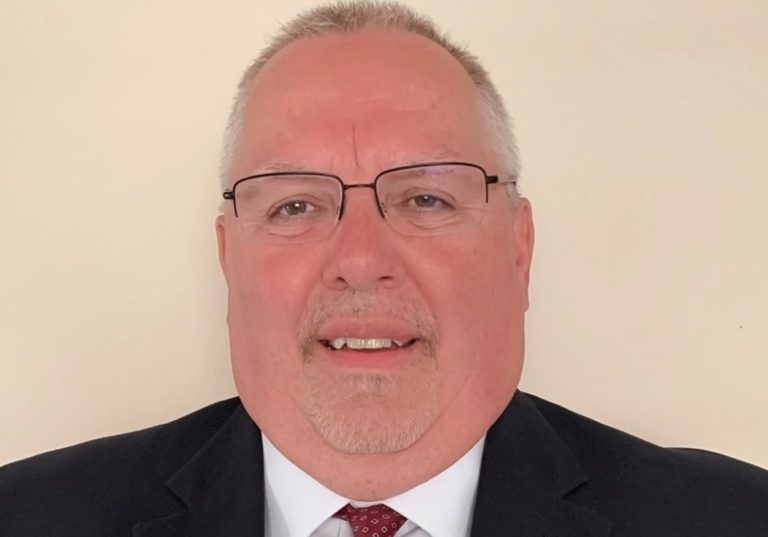By MATT STEELE
Benedict Arnold was a general officer in the Continental Army best known for his treasonous betrayal of George Washington and the American Revolution.
In 1780, he defected from the Continental Army to the British, handing West Point to them and eventually fighting against the very Americans he previously commanded.
Today, his name is synonymous with treason and has become a byword. But why did he do this?
Pride, certainly, and more than just a touch of narcissism.
Arnold often complained he was unfairly passed over for promotion. He also lived a lavish lifestyle, spending official money to feed his desires, and he was accused of corruption and malfeasance. Essentially, Arnold was on “Team Arnold,” and anyone with the temerity to stand in his way be damned.
Betrayal against a cause almost always comes down to pride. Somehow, the betrayer knows better, thinks his or her opinion is worth more, or he’s simply more valuable than the unwashed rubes he or she used to stand with.
Add a little narcissism and the path gets even more dangerous. Not satisfied by a simple turn-coat operation, a narcissist will actively destroy those they betray. To stand against a narcissist is to bring his wrath.
In the Alaska Republican Party, we have several Benedict Arnolds.
State Rep. David Eastman
In the Valley, Representative David Eastman is a conservative who has actively recruited and is coaching people to run against his fellow Valley conservatives. In fact, one of the candidates he is supporting is a member of another party.
Why is he doing this? Only God knows the man’s heart, but we do know this self-proclaimed abortion abolitionist actually withheld support, effectively acting in agreement with Planned Parenthood’s wishes, on every House bill that would shackle abortion.
Especially noteworthy is the “Heartbeat Bill.” It had 19 supporters and only needed 20 to go to a vote. Eastman could have been the 20th name, but he didn’t do it.
The stated reason? It wasn’t a total ban.
This short-sighted tactic is akin to General Eisenhower voting down the Normandy invasion because it didn’t land at Hitler’s front door in Berlin. Eastman could have voted to save five babies’ lives today, and another 10 tomorrow, but he laid them at the altar of his own ego on the premise of an all-or-nothing ideal.
He has also withheld support to place conservatives in various positions in the House, all in the name of “Make Eastman the Center of Attention Again.”
When the tough bills go forward and are in need of support, he’s nowhere to be seen. When it’s time to vote on a conservative piece of legislation, he votes like a pigeon trained to peck the red button – always “no.”
Some Democrats actually vote more conservatively than Eastman.
He has also deliberately obstructed other business on the floor, attacked fellow conservatives on social media, and has started a shadow campaign against the rest of the Valley delegation.
Eastman’s strategy is effectively draining Valley resources that could otherwise go to help conservative candidates in Anchorage, Fairbanks, and Kenai. His antics are aiding the other side and helping create a Sen. Natasha von Imhoff Juneau Show sequel. He is no ally to conservative values.
State Sen. Cathy Giessel
Perhaps no other politician in Juneau deserves more ire than Sen. Cathy Giessel. Not satisfied to debate, vote, and disagree, she subjugates other voting districts into vassal states.
Few things could be more disagreeable to our founding fathers than how Giessel has treated other duly-elected representatives, particularly the Valley delegation.
In her mind, the Valley conservative is an obstacle — an unwelcome speed bump on her freeway to power.
To the Valley voter, her message should be clear. Never you mind her broken promises to preserve the PFD. Never mind her lawless gathering in Juneau when the Governor called a legally binding session in Wasilla. And you serfs need not worry about how she vindictively flogged your Valley representation and removed your influence from every aspect of lawmaking simply because they represented your wishes. Your ideas and ideals are irrelevant.
To her, the Valley shall submit or suffer the consequences.
She has taken Alaska state politics and given it a Chicago makeover, with just a touch of feudalism.
State Rep. Gary Knopp
Benedict Arnold handed the keys for West Point to the British, and Rep. Gary Knopp handed the keys for Juneau to the Democrats.
Why? Knopp wanted to be Rules Committee chair, where he could effectively block anything the governor does.
Knopp advocated for and got a bipartisan majority caucus using the time-honored parliamentary tactic of ‘temper tantrum’. If you remember, he held up the Legislature by preventing caucus formation and the resulting agenda votes. Committees couldn’t stand up, and work couldn’t start. Alaskan’s were paying millions in perdiem and salaries just watching Knopp whine and hold his breath for weeks. Not a great representation of the good folks on the Kenai Peninsula, to be sure.
The results are disheartening. While republicans hold the majority of the seats in the House, the agenda is now run by a Democrat because of Knopp (although he was spurred by Rep. Eastman’s constantly disruptive antics).
Alaska is in a war for its fiscal survival, but Knopp’s tantrum in early 2019 virtually guaranteed any cuts made by the duly elected Governor would not stay in place.
Needless to say, this betrayal of his constituents (among others) resulted in District 30 republicans actively recruiting his replacement.
Maybe they’ll erect a riderless horse statue in Knopp’s honor, just like Arnold’s statue (the boot monument).
If they make the monument large enough, it might have room for a few more names.
Matt Steele is a certified flight instructor and real estate associate broker in Wasilla.









